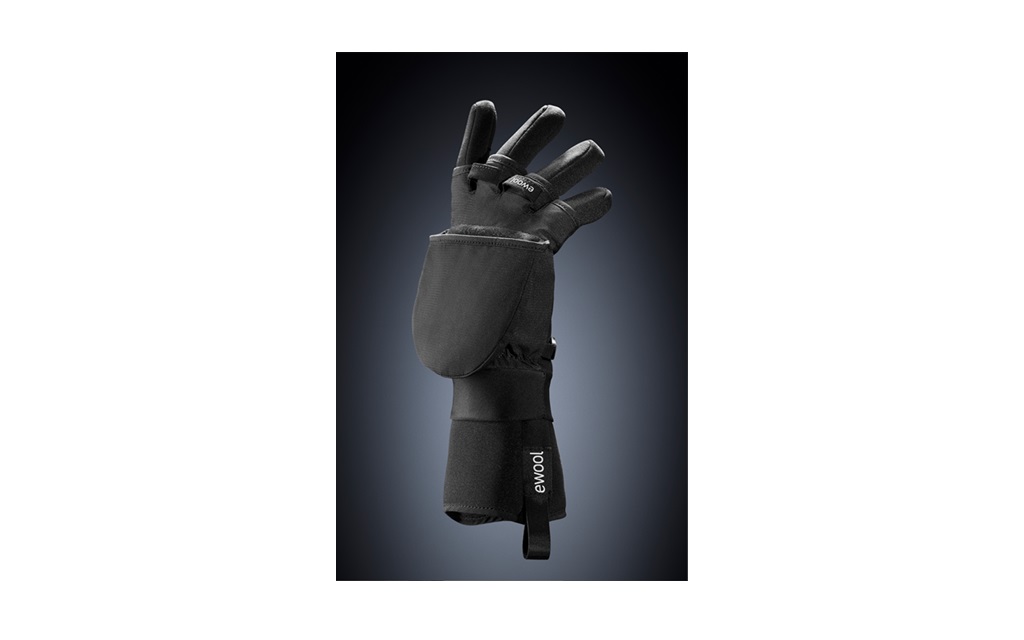A week ago I dropped off a torque wrench for adjustment and calibration at a facility near Toronto (a Norbar 100, made in England, to be specific) and was told I would get it back in a week, would be charged $95 for the work and something more for shipping, and it would be certified to some standard that meant nothing to me. I left the torque wrench in the hands of a nice woman who seemed confused by the fact that I was just a regular guy with only one tool, rather than a driver with a truck full of them, so I guess walk-in business isn’t common there.
A few days later, I received an email message from Marie, the nice woman: “It will cost $13.50 to UPS the wrench to you. Please advise if you want me to go ahead with attached. The wrench was not out at all!”
Now, be advised that I had no right to expect this news. I had bought this torque wrench in 1985 for about a hundred bucks, had used it frequently to get fastening items correctly tightened and, once or twice, as a hammer—but only in self-defence, I swear. (Actually, I had used it to knock chunks of wood out from under the frame of a motorcycle, wood that propped up the bike while I worked on it. Afterward, I had suspected that I’d just ruined my torque wrench, which is not supposed to be used to hammer on wood.)
But it required no adjustment, and since I didn’t need any official paperwork, the price was reduced to $50, so I got it back in my hands for about $65, with a calibration sticker on it, and assurance that I won’t overtighten my bike’s oil pan bolt when I next replace precious fluids.
I’m impressed twice by these events: first, that a 32-year-old, made-in-England, somewhat-misused torque wrench would be in spec without once having been adjusted, and secondly, that the company I entrusted it to would not only calibrate it for me within a few days, but would offer a reduced price when they could have simply charged me the full $95.
We have a letter in the August issue of Cycle Canada from a reader who complains about dealerships that “rip off” customers in the service department, and I was reminded of a couple of experiences that seem to validate that charge. Once, after I left a motorcycle in a West Coast dealership for two weeks while testing a Hayabusa and an FZ1. It had some fueling problems, so I asked that the carbs be checked and cleaned or adjusted. When I returned to pick up my bike (I had loved the FZ1, by the way, and hated the Hayabusa, except for its engine—it was just so damned uncomfortable!) I waited patiently for the work to be finished (remember, this is two weeks later), then paid for it, rode about 25 kilometres away, and phoned the shop to complain that the bike was running poorly. They couldn’t do anything at the time—it was late in the day and I had to be home that night—so I rode about 700 kilometres on two of my bike’s four cylinders. Found out at a local shop a few days later that two of the carbs had been reassembled improperly and were barely functioning, if at all. The West Coast shop’s owner paid for the service that discovered the problem and fixed it.
Later, at the same shop that diagnosed and properly fixed my carb problems, I had a set of fork seals replaced. The mechanic who did the work wasn’t familiar with my bike’s fork internals, however, and screwed up the job—literally, by breaking a screw. He then spent a couple of extra hours finishing the job, and I was charged what I’d guess was at least $100 more than I should have paid. I forked over the cash and didn’t complain because I liked the owner of the shop (which is no longer in existence) and most of the people who worked there, and because I’m a sucker.
If these things happened to me, they happened to you, or someone you ride with. No service manager can hold total control over what happens in his or her shop, even if it’s a one-person operation. But these sorts of things can blow out a customer’s confidence in a shop, and whether it’s deserved or not, a failure of confidence can be deadly to the business life there.
I’ve had great service at the local shop I’ve just mentioned and at bike shops in other locations. Once, a shop in Las Vegas went to some trouble to get me on the road again, at no profit to itself, and I’ve had good experiences at bike shops from Vancouver to Toronto over the years, met mechanics who were willing to go an extra kilometre for me, sales people who were willing to spend extra time with me, and owners and managers who seemed to think kindness and honesty were profit-making qualities, so I don’t quite agree with our disabused letter writer. But after getting back a 32-year-old torque wrench and being told it needed no adjustment and the price of calibration would be cut in half, I can say that I’ve seen good service, and I wish it was just a little more common. It’s possible to build things that last a long time despite some abuse, and it’s possible to find service departments that care more about customer satisfaction than anything else. The motorcycle industry in Canada has its fair share of these qualities, to be sure—I do believe we’re riding motorcycles at a fortunate time—but more of them would certainly be welcome.






